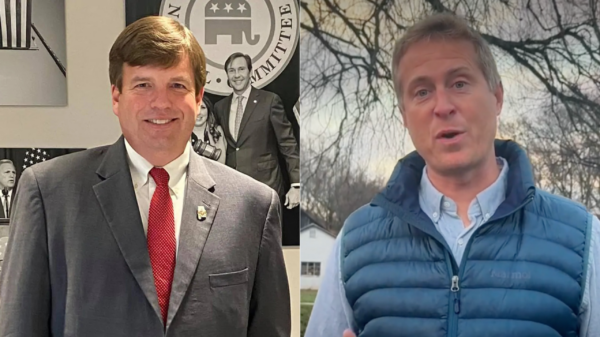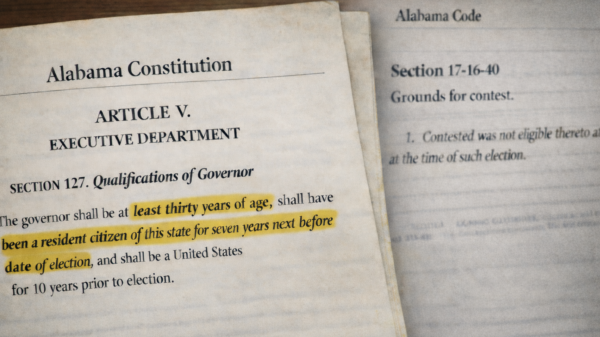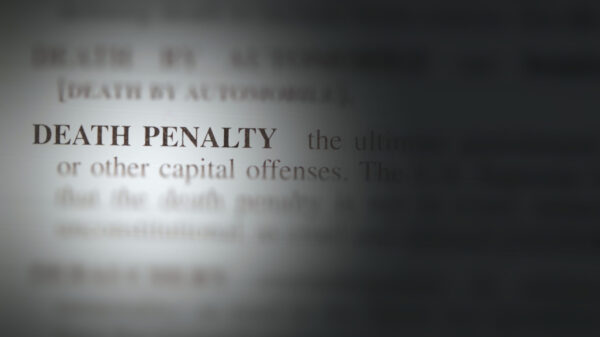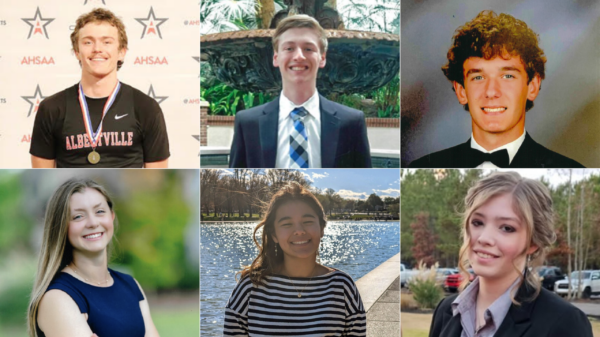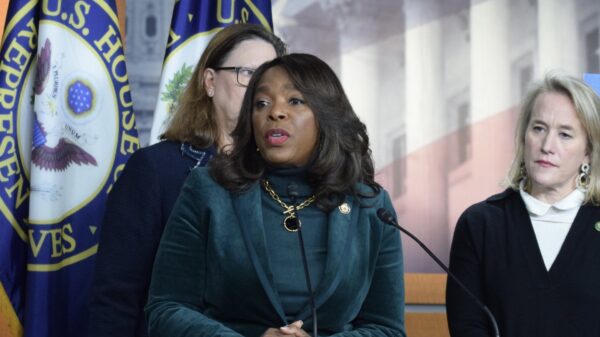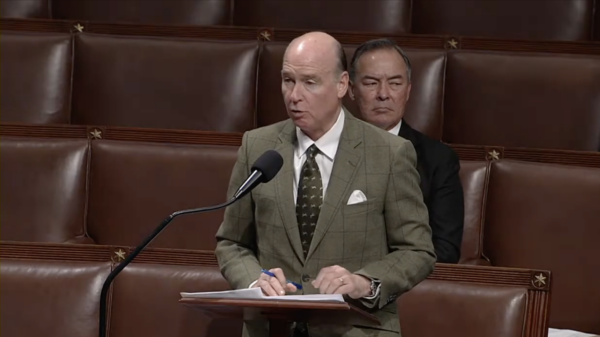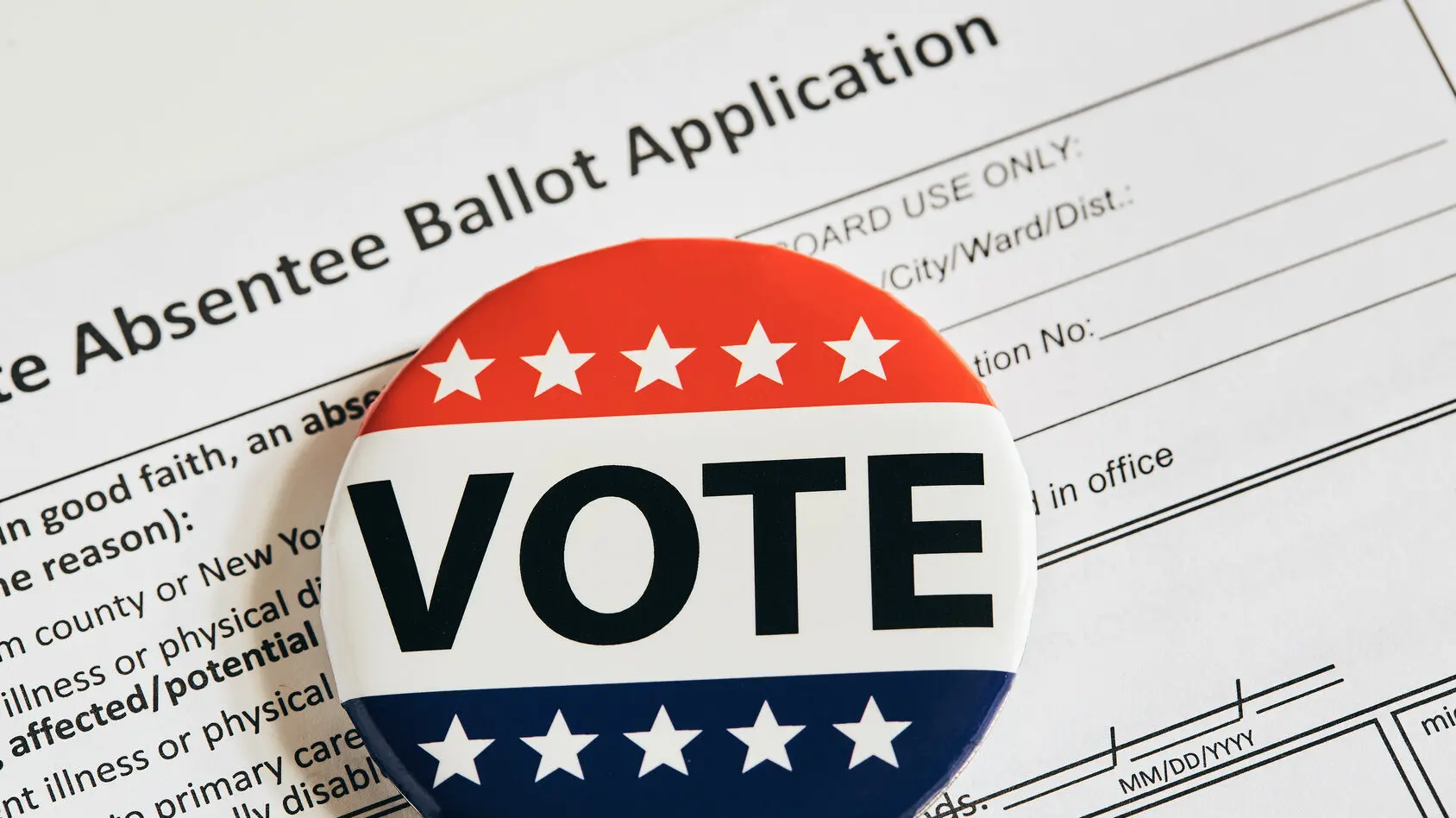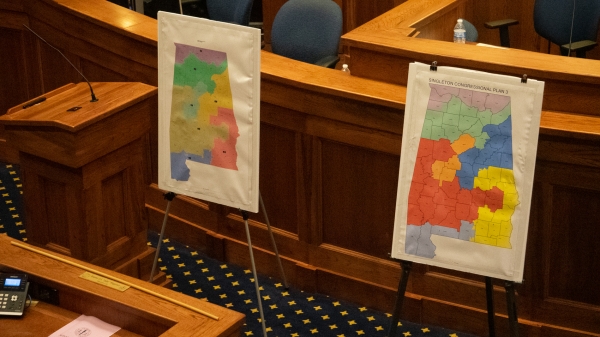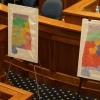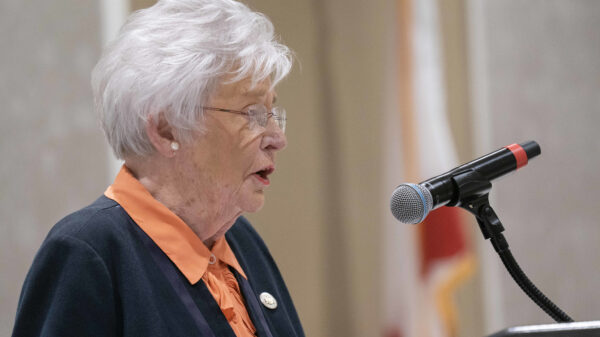The Justice Department has filed a statement of interest in a federal court in Alabama to ensure a uniform interpretation of voting laws, specifically as they pertain to voters with disabilities.
The statement of interest confirms that those who need assistance in casting a ballot, no matter the method, have the right to decide who will cast the vote on their behalf, besides the two explicitly stated exceptions.
Unlike most other states, there is no broad right to vote absentee for Alabamians with a disability.
In Section 208 of the Voting Rights Act, voters with disabilities or inability to read or write are granted voting assistance by “a person of the voter’s choice, other than the voter’s employer or agent of that employer or officer or agent of the voter’s union.”
Besides these two limitations, Congress provides an expansive right to decide on voting assistance.
Private plaintiffs brought forth a lawsuit, Alabama State Conference of the NAACP et al. v. Marshall et al., to challenge state laws that restrict how or from whom voters with disabilities can receive help in casting an absentee ballot.
Section 208, under federal law, does not permit state-law restrictions on who may serve as an assistor. Only subject to exceptions or limitations enumerated by Congress
Passed on March 20 in Alabama, Senate Bill 1 prohibits “any person from ordering, requesting, collecting, prefilling, obtaining, or delivering an absentee ballot application or absentee ballot of a voter in certain circumstances and would provide for exceptions.”
The language in SB1 criminalizes submitting an absentee ballot application on someone’s behalf to the absentee election manager unless the applicant is seeking emergency medical treatment within five days before an election.
Under the new law, it is a misdemeanor to “prefill” or “submit” another person’s absentee ballot application or ballot. The bill leaves these terms undefined, meaning that a samaritan who delivers a disabled neighbor’s absentee ballot application to the post office could be charged with a misdemeanor.
This creates concern that charging and prosecuting community organizations and volunteers who provide routine absentee ballot application assistance is on the horizon.
Section 208 also defines the term vote quite loosely, more so “all action necessary to make a vote effective,” not just casting the vote at a voting center. The terminology also includes any prerequisite to filing a vote and includes casting an absentee ballot.
Before introducing Section 208 in 1982, individuals with disabilities would choose not to vote, rather than rely on someone they did not choose to assist them. They were more susceptible to having their votes manipulated, and Section 208 provided more security, given that a trusted assistor was helping to cast a vote.
The conclusion to the statement of interest reads, “Taken as a whole, and given its purpose and intended effects, Section 208 preempts SB1 to the extent that the state law prevents voters with disabilities or inability to read or write from receiving assistance from an individual of their choice when completing, submitting, or mailing their absentee ballot application.”


